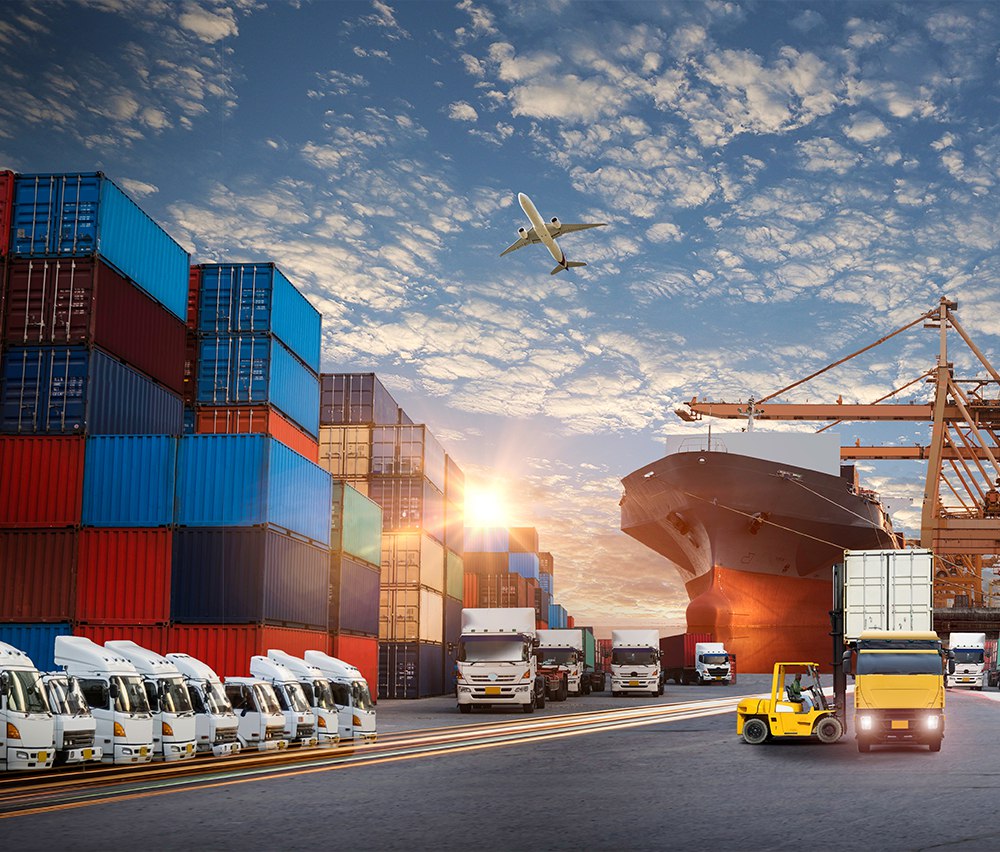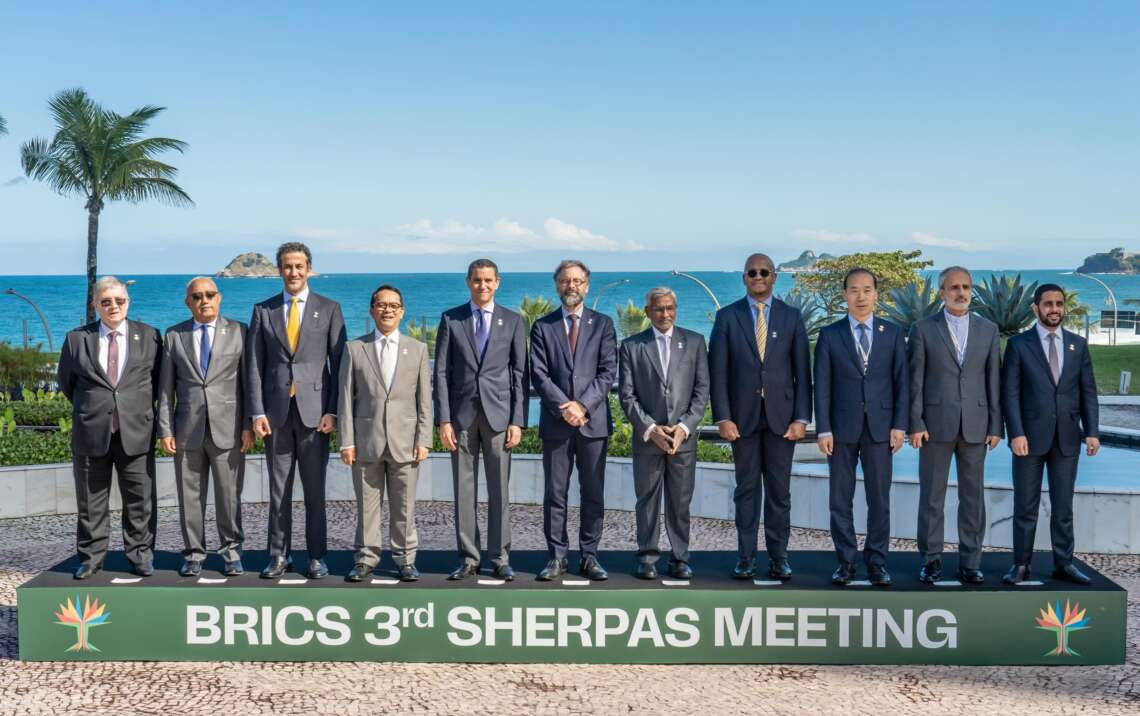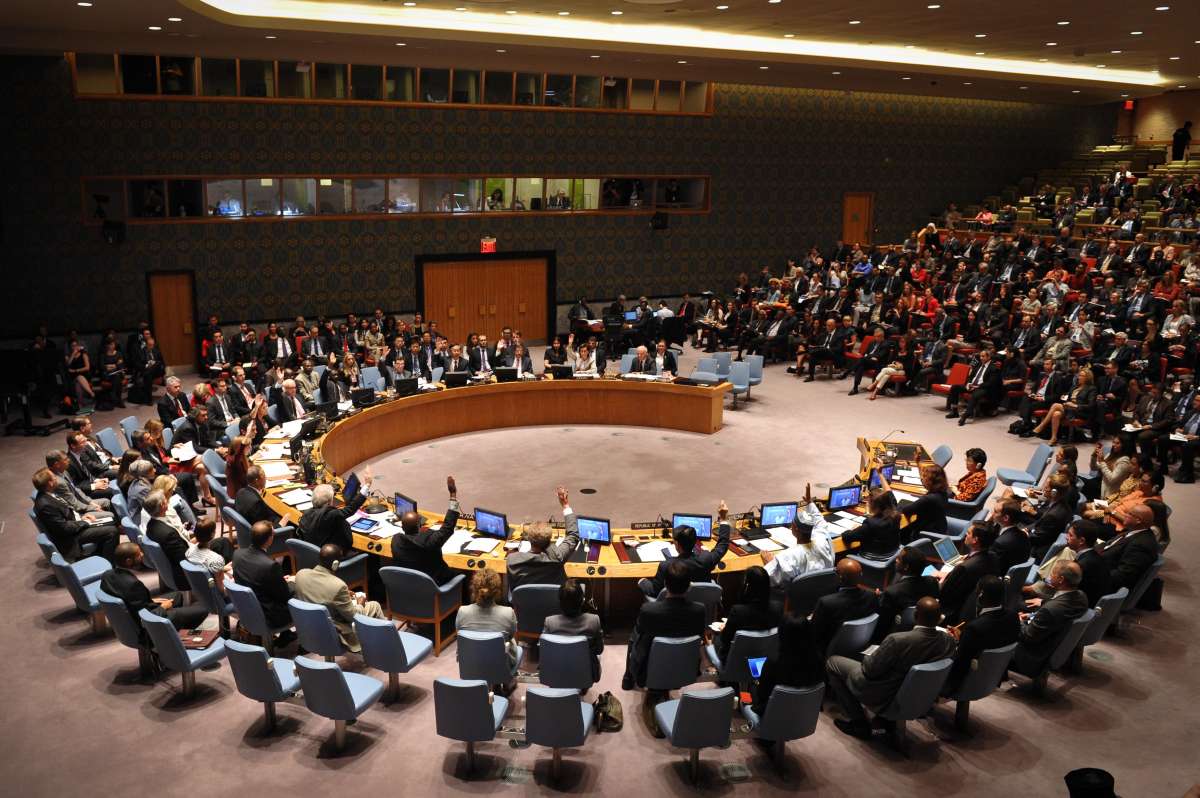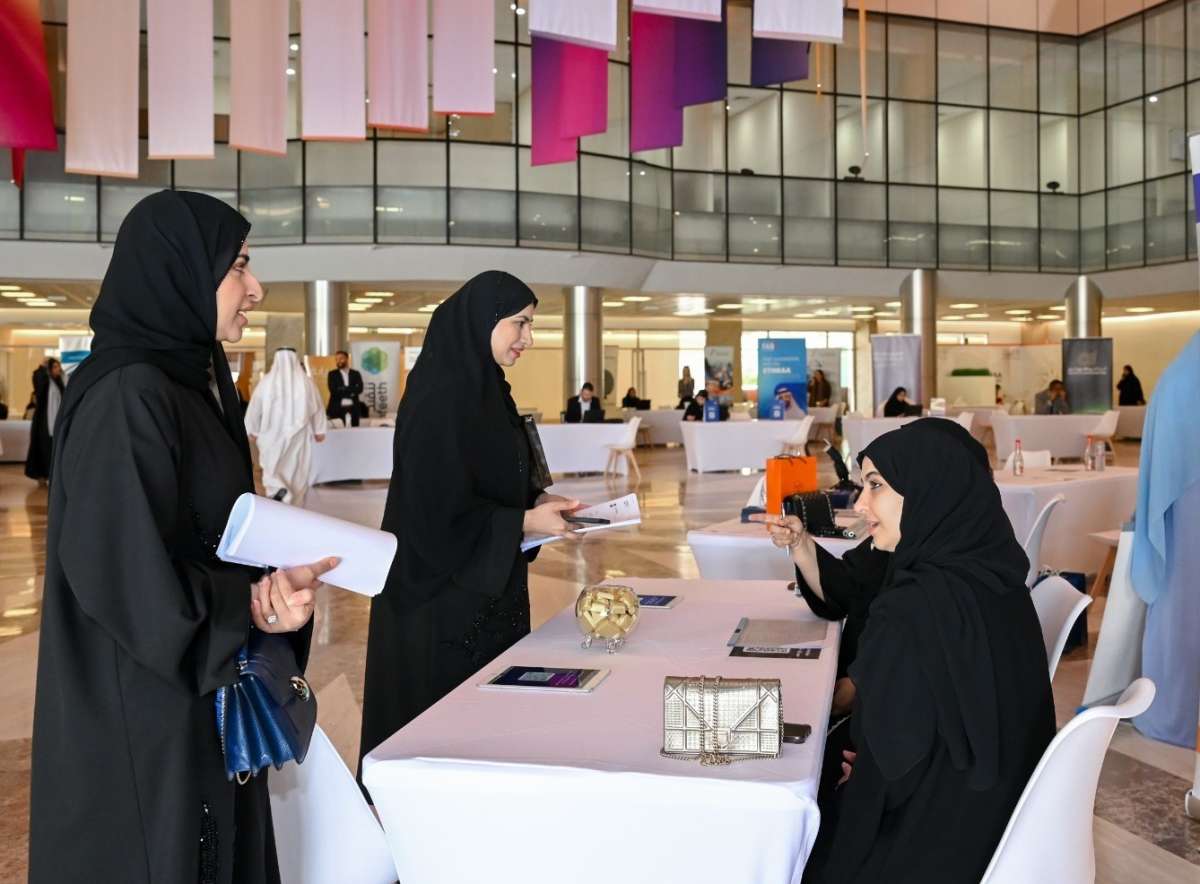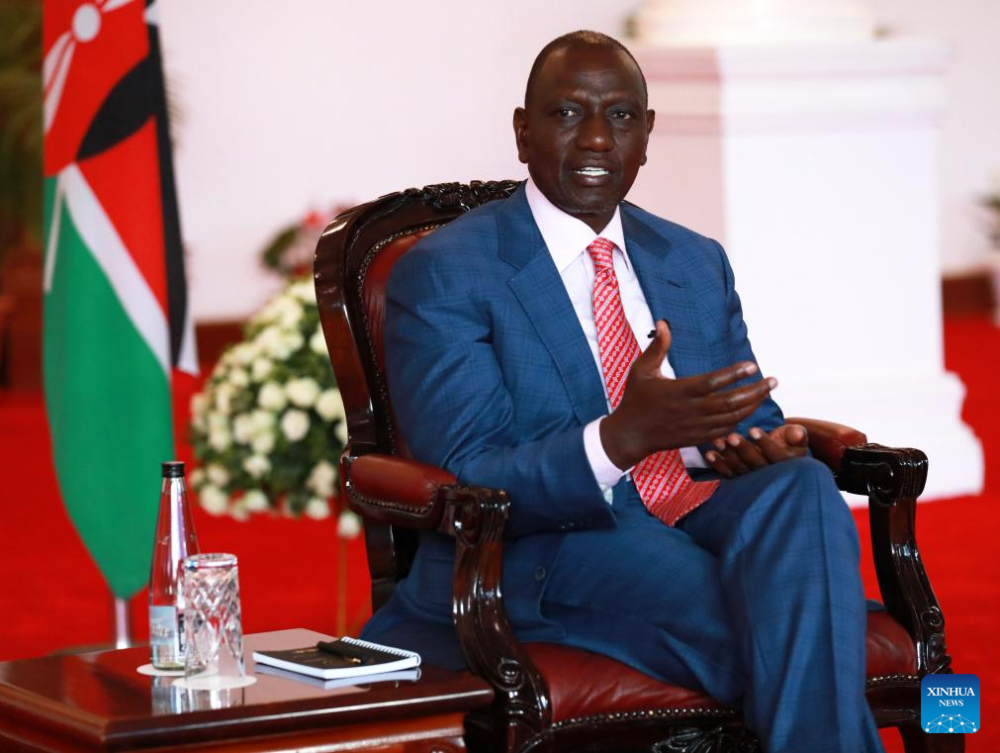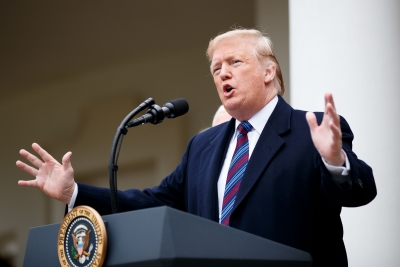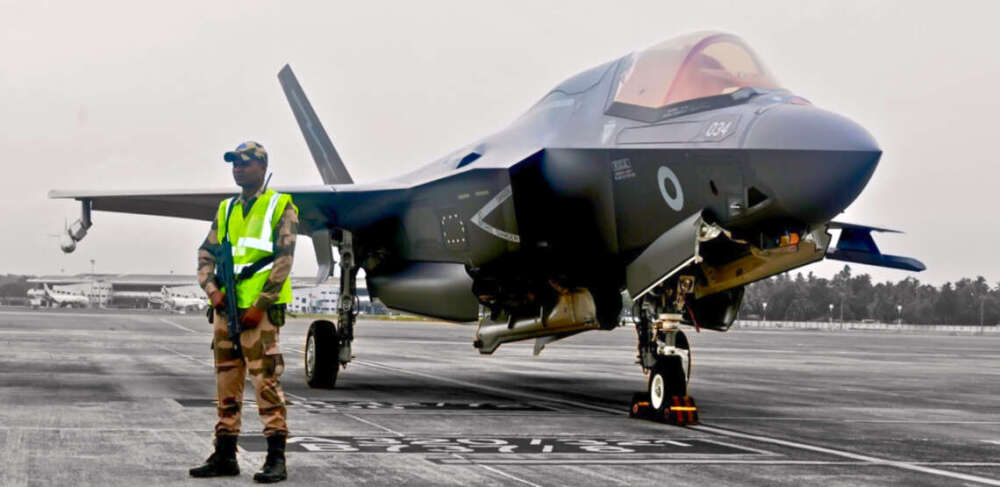UAE non-oil foreign trade has hit an all-time high of AED1.239 trillion in first of 2023, according to the new figures released by the Ministry of Economy….reports Asian Lite News
The UAE’s non-oil foreign trade reached a record AED1.239 trillion in H1 2023, representing a growth of 14.4 percent compared to the same period in 2022 – and 3 percent more than H2 2022.
The figures, released by the Ministry of Economy, underline the continued upward trajectory of the nation’s foreign trade, which has achieved quarter-on-quarter growth since 2020.
His Highness Sheikh Mohammed bin Rashid Al Maktoum, Vice President, Prime Minister and Ruler of Dubai, stated that the UAE has recorded a new remarkable economic achievement, with non-oil foreign trade recording exceptional growth rates by exceeding AED 1.239 trillion in the first half of 2023.
“The UAE’s non-oil export continues to set unprecedented records as it rose 22 percent with the top 10 global trading partners in 2023. The bilateral trade with Türkiye recorded one of the highest growth rates in the first half of 2023, with 87.4 percent growth compared to the same period in 2022.”
His Highness added that the remarkable achievements of the UAE represents a success in the balanced trading policy under the leadership of President His Highness Sheikh Mohamed bin Zayed Al Nahyan.
His Highness said. “The UAE will remain a major player in international trade, maintaining its position as a bridge linking the East with the West, and the North with the South.”
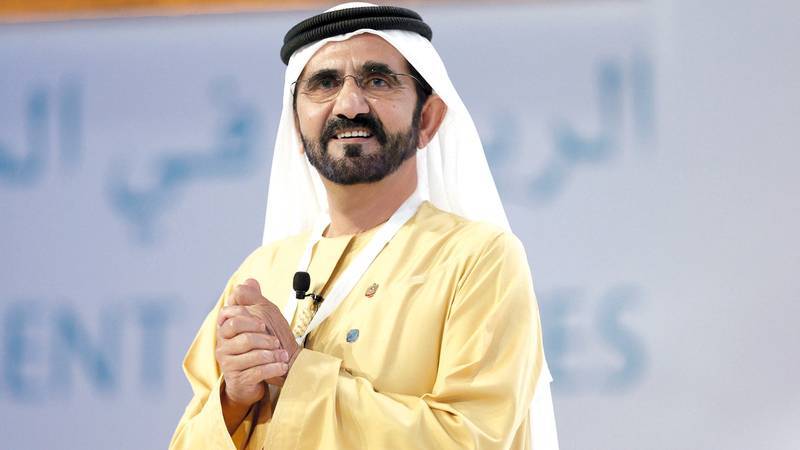
“The UAE will remain a major player in global trade, maintaining its position as a bridge linking the East with the West, and the North with the South”
Vice President H.H. Sheikh Mohammed bin Rashid
The unprecedented figures are buoyed by record non-oil exports, which reached AED205 billion in H1 2023, an 11.9 percent growth compared to the first half of 2022 and 5.4 percent more than H2 2022. Importantly, non-oil exports in the first six months of 2023 exceed the exports recorded in the whole of 2017. The contribution of non-oil exports to the UAE’s total foreign trade was 16.6 percent in H1 2023, compared to its estimated share of 14.2 percent during the same period in 2019.
Re-exports and imports also recorded significant growth. The total value of UAE’s re-exports reached AED341 billion during the first half of 2023, a 9.9 percent growth on H1 2022, and 2.2 percent compared to the second half of 2022. Imports increased to AED693 billion, up 17.5 percent compared to the first half of 2022 and 2.6 percent more than the second half of 2022.
China has retained its position as the UAE’s leading global trading partner, followed by India, the US and Saudi Arabia. Türkiye, with whom the UAE signed a Comprehensive Economic Partnership Agreement in March, came in fifth place, with Iraq, Switzerland, Japan, Hong Kong, and Russia completing the top 10. Overall, the UAE’s top ten trading partners witnessed a sizeable increase in non-oil trade, with a combined growth of 16.7 percent, while the rest of the markets accounted for 12.4 percent growth.
Among the UAE’s top ten trading partners, Türkiye recorded one of the highest growth rates in the first half of 2023, with 87.4 percent growth compared to the same period in 2022 – and with its share of the UAE’s total non-oil foreign trade increasing to 4 percent.
The UAE’s non-oil exports to its top ten trading partners grew by a total of 22.9 percent. Switzerland headed the top five non-oil export destinations, while Türkiye made a significant leap to second. Saudi Arabia and India occupied the third and fourth positions, respectively, while North Macedonia joined the list for the first time, ranking fifth.
Gold, aluminum, oils, cigarettes, copper wires, jewelry, and aluminum topped the list of the UAE’s most prominent exports. Ahead of oil and cigarettes, gold exports registered the highest growth in H1 2023, up 40.7 percent to reach AED218.3 billion. The contribution of gold exports to the UAE’s non-oil foreign trade was 17.6 percent, compared to 14.3 percent in the corresponding period of 2022.


